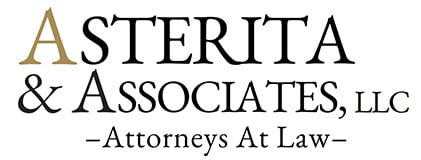As a landlord, you have certain obligations to your tenants once they sign a lease with you. That obligation includes providing them with a safe space to live. However, tenants also have certain obligations to their landlords.
The first and most obvious is the timely payment of rent, but tenants should also comply with all rules and requirements in the lease, as well as local, state and federal laws. When a tenant has engaged in behavior that damages your property, diminishes your source of income or affects the quiet enjoyment of the property by other tenants, you may have no choice but to initiate eviction proceedings.
However, before you do so, you need to first make sure that you have justifiable grounds for eviction under New Jersey Law.
Unpaid rent, including rent increases, can lead to eviction
The most widely known reason for a landlord to initiate eviction proceedings will arguably be the failure to pay rent. Many landlords put language into their leases that allow them to initiate eviction proceedings once a rent payment becomes a certain number of days late.
However, if the tenant has documentation that they retained the rent by placing it in an escrow account due to omissions in maintenance or that they used their rent funds to pay utilities that you as the landlord have an obligation to pay, you may not have grounds to evict them in that situation.
There are multiple reasons for a legal eviction in New Jersey
Other than unpaid rent, there are multiple other reasons why a landlord can initiate eviction proceedings. Sometimes, a landlord decides that they no longer want to leave the property or they sell the property to someone who wants to use it as a primary residence. In that situation, the landlord must provide notice as outlined in the lease, but they have the right to evict.
A landlord can also evict a tenant who violates the terms of the lease even after receiving written notice of the violation. Additionally, if a tenant engages in disorderly conduct or causes damage to the property, the landlord can potentially evict them.

